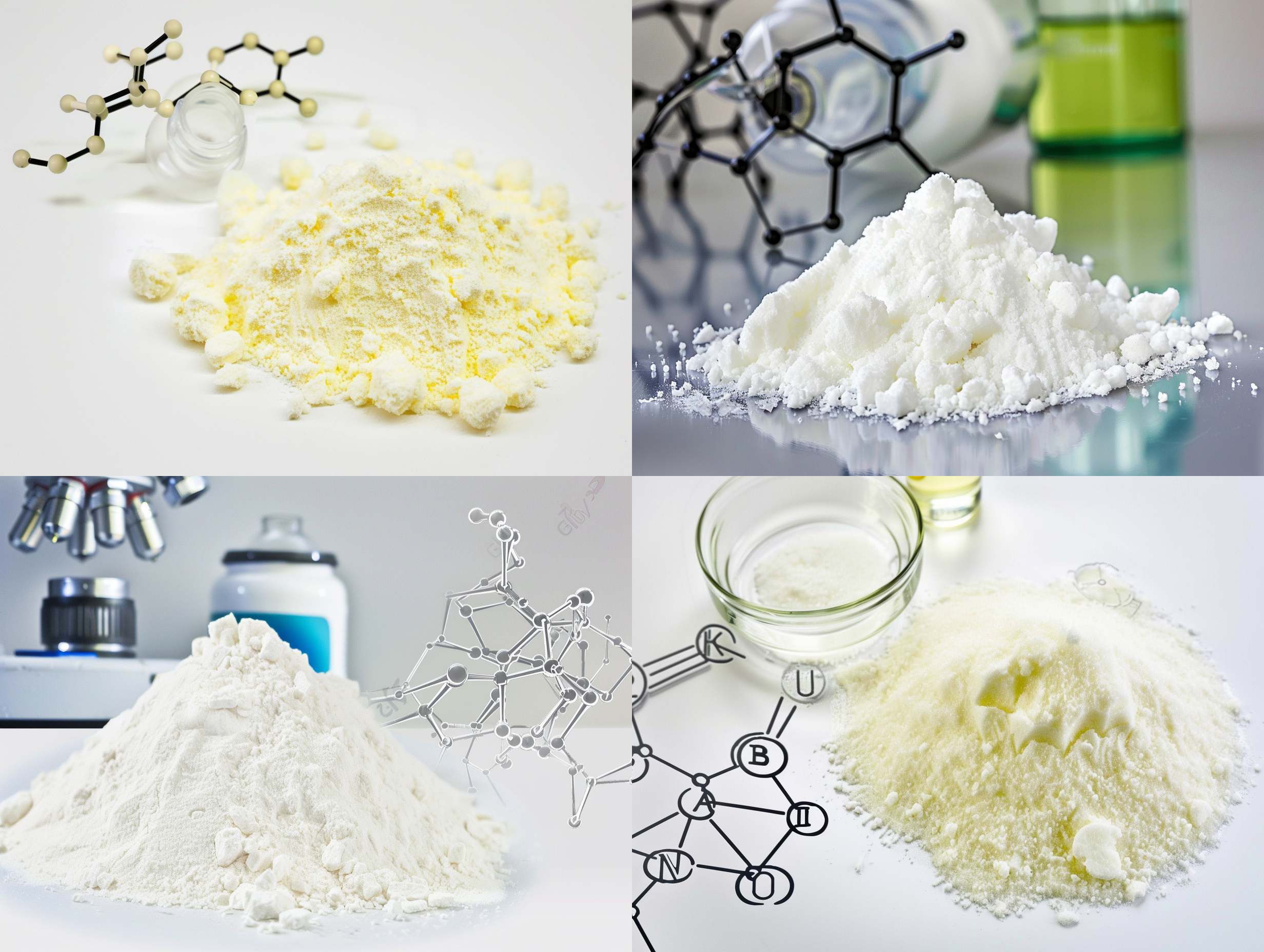In the ever-evolving landscape of rubber technology, anti-fouling innovations are playing a crucial role in enhancing the functionality and durability of rubber products. This article delves into the most recent advancements in rubber anti-fouling technology, showcasing solutions that significantly improve performance in various industrial applications.
Anti-fouling technology involves the development of materials and coatings that prevent the accumulation of unwanted substances on rubber surfaces, thereby prolonging their lifespan and maintaining their effectiveness. This is particularly important in industries such as automotive, marine, and construction, where rubber components are exposed to harsh environments.

Recent developments in rubber anti-fouling technology have included the introduction of advanced vulcanizing agents and accelerators that enhance the properties of rubber. For example, N-sulfurization accelerators like DCBS have shown promising results in improving resistance to environmental factors that contribute to fouling.
.jpg)
Furthermore, the application of rubber antioxidants is becoming increasingly critical in combating degradation caused by UV exposure and oxidative stress, making them essential in formulating durable anti-fouling rubber products.

As industries continue to seek reliable rubber solutions, staying abreast of the latest advancements in anti-fouling technology is essential. By understanding these innovations, businesses can enhance the efficiency and longevity of their rubber products, aligning with modern performance standards and customer expectations.
